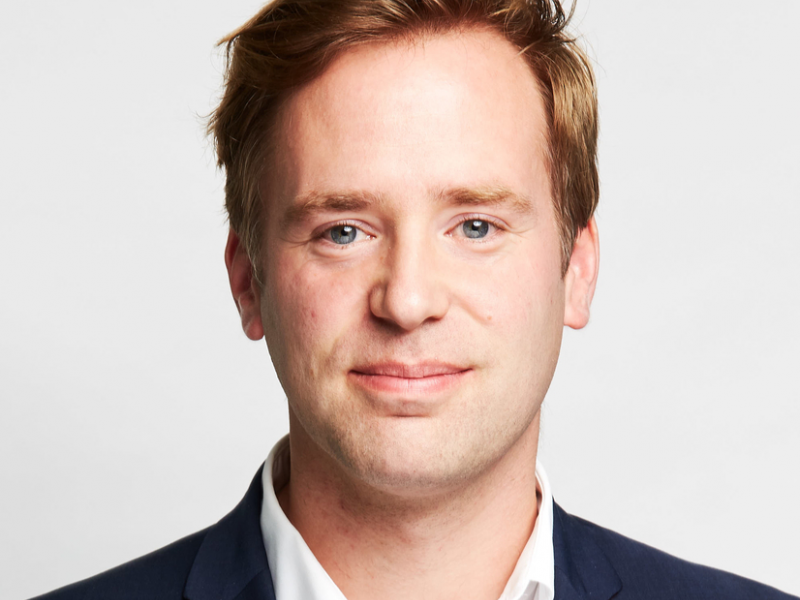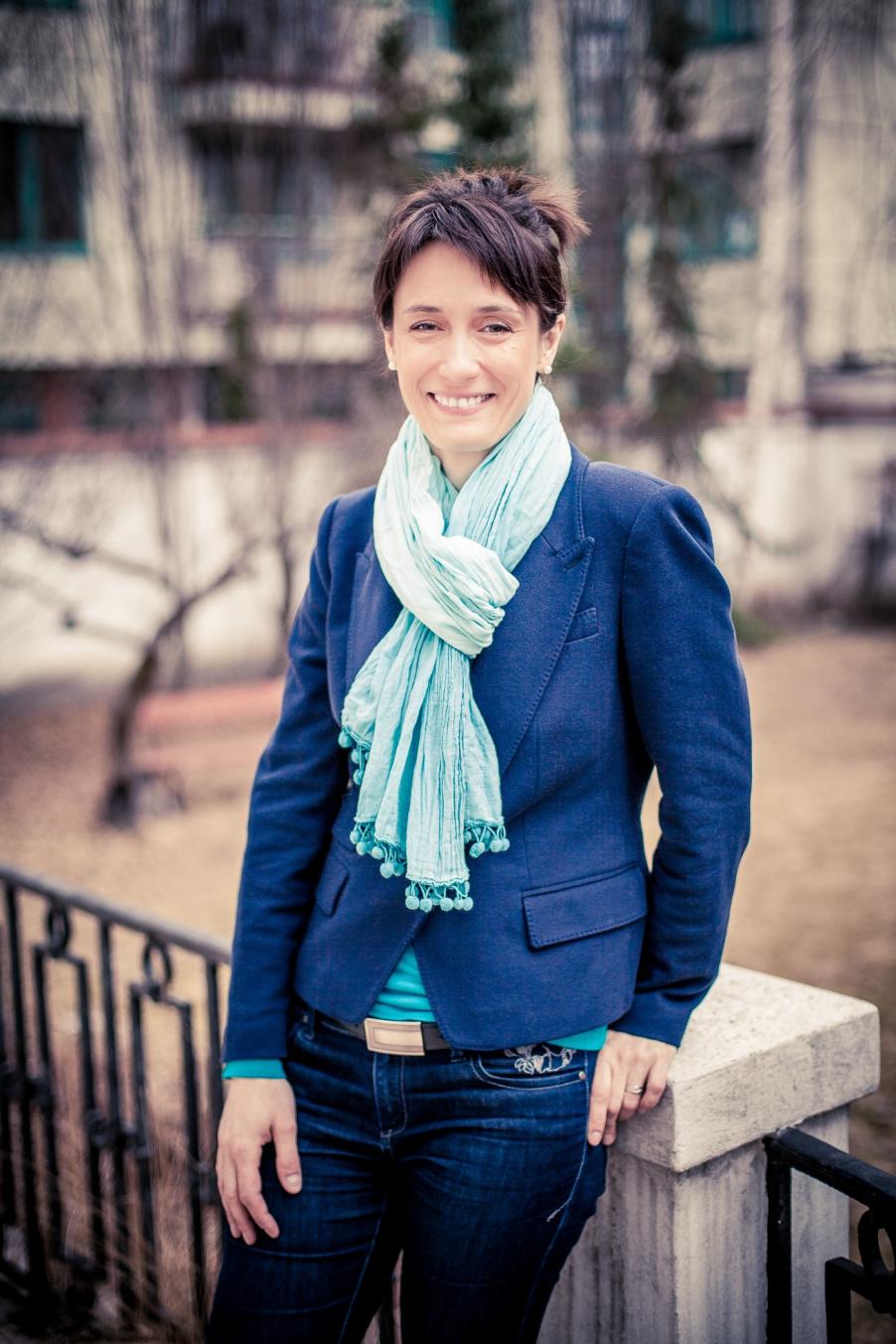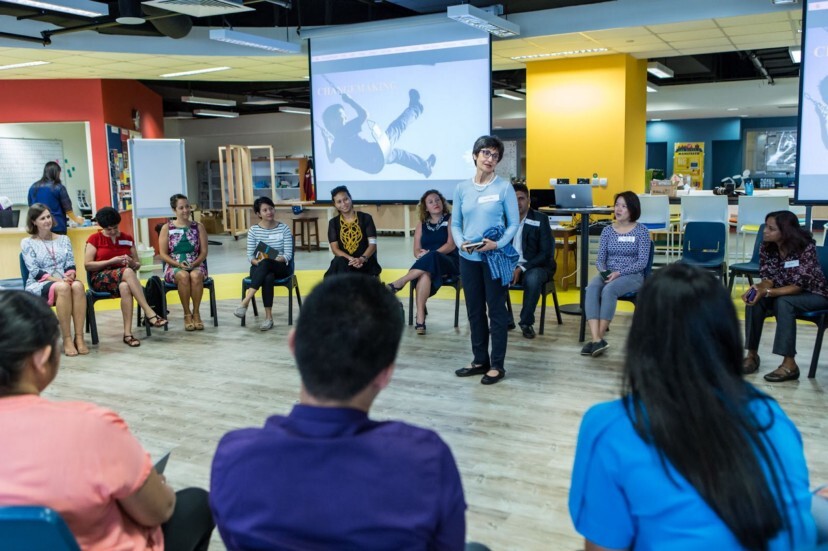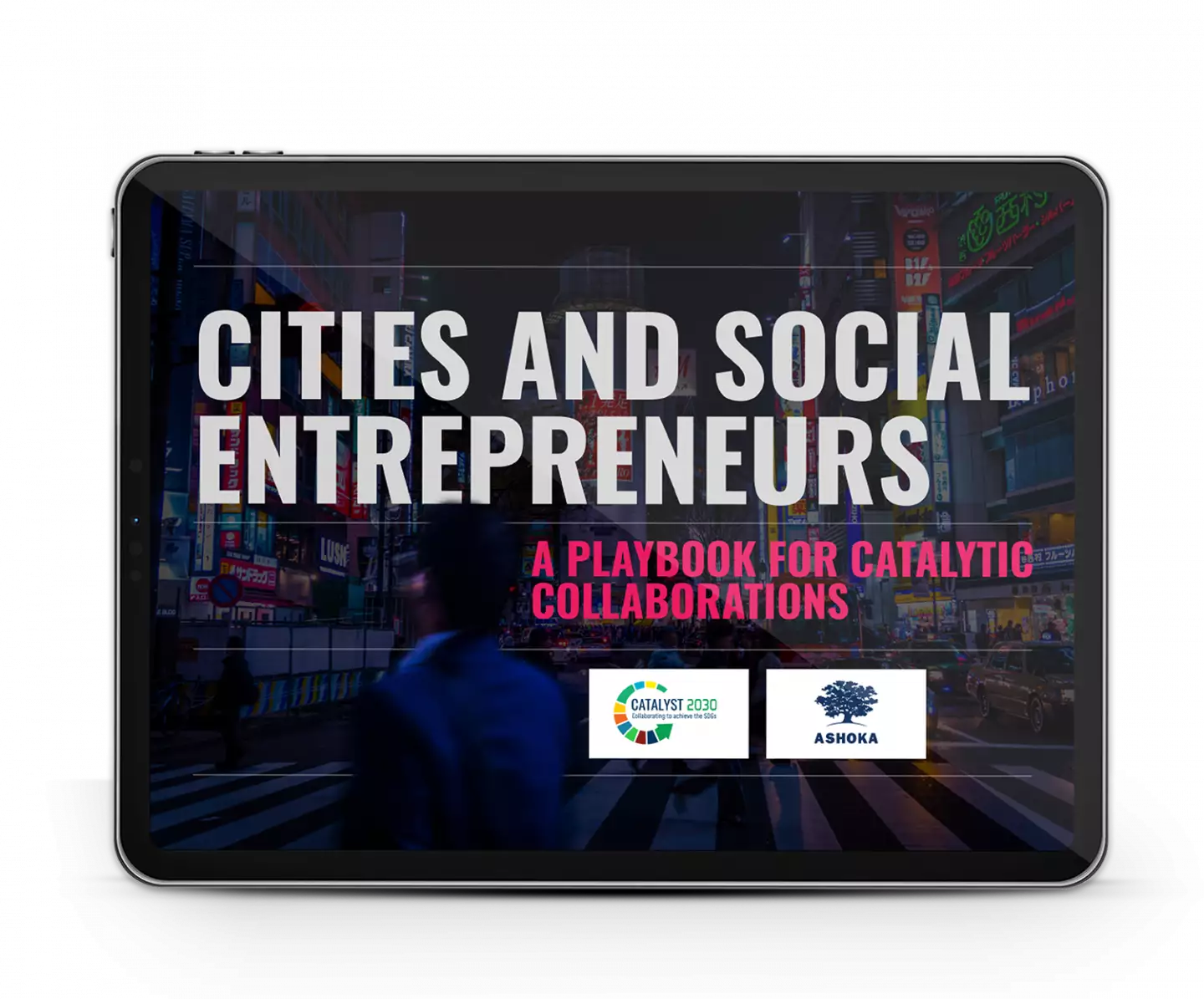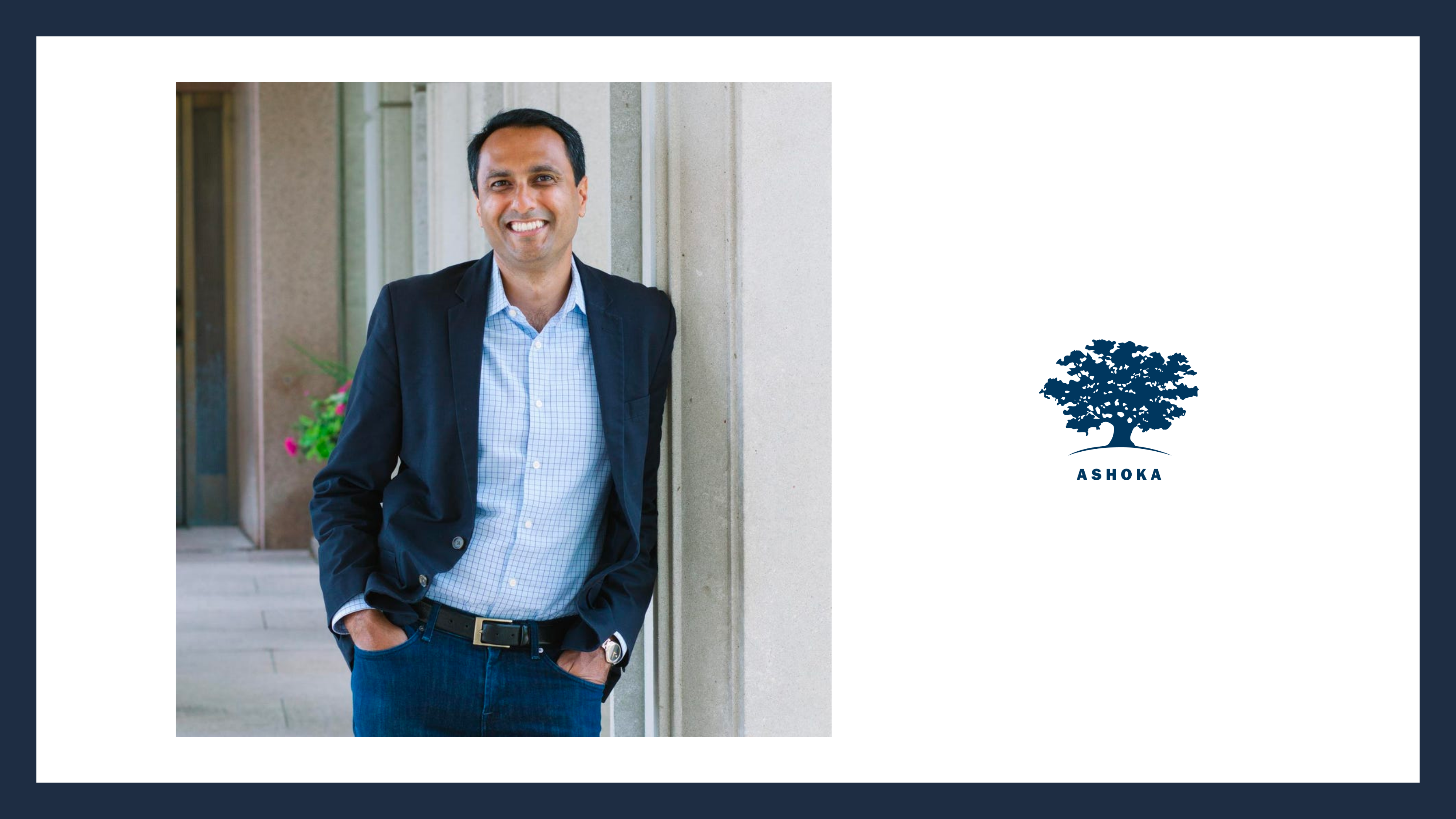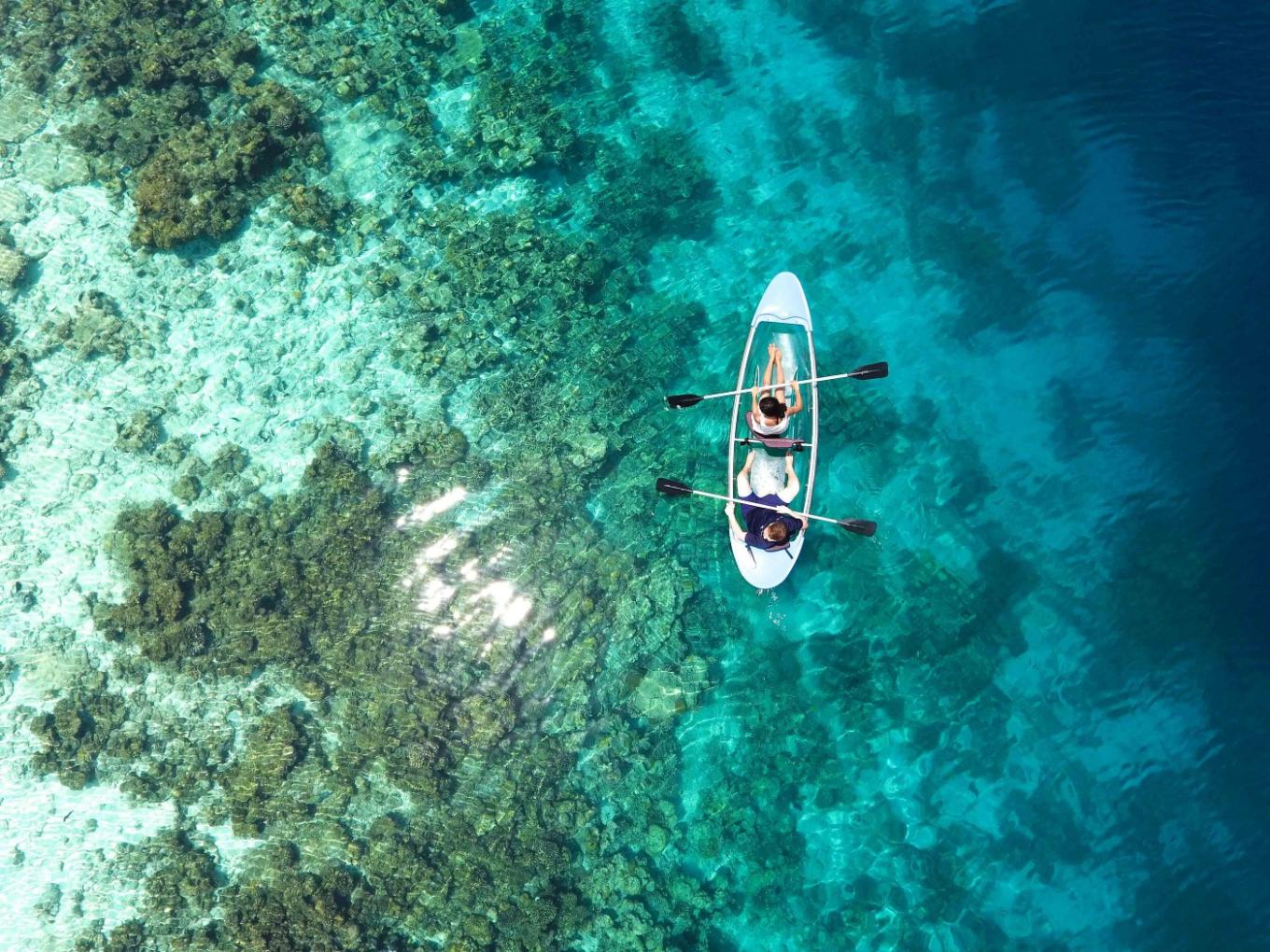
By Marcel Gascón Barberá
What does success in the climate movement depend on? According to Wietse van der Werf—the founder of the Sea Ranger Service— it comes down to building trust with those who have the resources, the infrastructure and the expertise needed for real change. That means we need activists to bring on those who don’t necessarily view tackling climate change as a priority.
Wietse made his case in a panel organized by the Community Lab for climate changemakers all about “building trust and collaboration,” speaking alongside EIT Climate-KIC director for Central and Eastern Europe, Magdalena Dul — Komosinska.
“If you truly want to build a bigger movement, I believe it’s important to recognize that many people do not think like you,” said Wietse.
Ashoka Fellow Wietse van der Werf, founder of the Sea Ranger Service
To show the importance of working with people who have radically different viewpoints, the Dutch activist shared from his experience building the Sea Ranger Service.
Founded in 2016 with the 50,000 euros Wietse got from an environmental award, the Sea Ranger Service trains unemployed youth to become Sea Rangers and carry out ocean conservation work at sea.
In order to achieve the highest standards, Wietse sought the support of rather unlikely partners: military veterans.
While the military world isn’t an obvious ally of the generally more progressive environmentalist movement, the Dutch social entrepreneur found ways to gain the former servicemen’s trust and mobilized them for a kind of battle they never thought they would fight.
How do they approach veterans?
When it comes to working with any partner, company or organization, Wietse’s team looks for their intrinsic motivation and a practical way to get them on board.
In the case of the former military officers, some of their “intrinsic motivations” included using their practical skills and life experience in service of the youth they now train and contributing to common good. And Wietse— who has worked with ex-servicemen in Europe and America — offers these men and women employment opportunities and the chance to do what they like.
Magadalena Dul-Komosinska, EIT Climate-KIC director for Central and Eastern Europe
The Sea Ranger Service is now the first private organization to be hired by the Dutch government to perform duties normally entrusted to state agencies. Apart from training young rangers, they teamed up with shipyard groups to build some of the clean and cost-effective sailing vessels, on which personnel are then deployed at sea.
The shipbuilding sector is not particularly keen on the sacrifices that cutting carbon emissions demand. To “co-opt” it into the conservation cause, Wietse touted the opportunities these vessels offer — them both in terms of economic profit and technological innovation.
EIT Climate-KIC director for Central and Eastern Europe Magdalena Dul — Komosinska also emphasized the need of developing open, symbiotic relationships with different players to mobilize efforts and resources to tackle climate change.
“One of the most important things to build trust is creating a space where stakeholders can come and meet,” said Magdalena, who grew the Polish chapter of WWF and has run it for almost a decade.
When these stakeholders come together, she explained, they bridge the gaps between the different objectives they have each separately set. Bringing together different groups is “a game changer” that helps them “to see the more complex picture” and identify “interdependencies,” she says.
What kind of results comes from these shared spaces? Magdalena’s experience in Poland last year offers a clue. There, she participated a gathering that brought together public administration, funding bodies and other institutions to address a question: what if we created a million carbon neutral homes in Poland?
Participants discussed what each person could do to help achieve that aspiration, and began listing challenges they anticipated. Listening to one another, they noted how many of the existing problems stemmed from a lack of collaboration among institutions. “Magic started happening because we started seeing the common space among us all,” Magadalena remembers.
To successfully mobilize an array of players as broad as possible, she advocates involving each of them according to their strengths.
“If you simply [ask] them to do something positive based on their skill and expertise almost everybody will say yes,” agreed Wietse, who warned against engaging in “alarmism” when trying to attract people to the cause. “It can be like erecting a wall” that keeps people who have a different perception of reality away, he explained.
“We even have people involved in our movement that simply look at it from a very different perspective. They might not even be aligned with our mission entirely, but we still find a way to get them involved,” the social entrepreneur added.
-
The Community LAB is an action-oriented network and co-creation lab that brings people together to address climate change challenges in Central and Eastern Europe. Community Lab is funded and created by EIT Climate-KIC and led in a collaborative model with partners: Ashoka, 4CF Strategic Foresight, Centre for Systems Solutions, Cleantech ForEst, Impact Hub + University of Warsaw.
